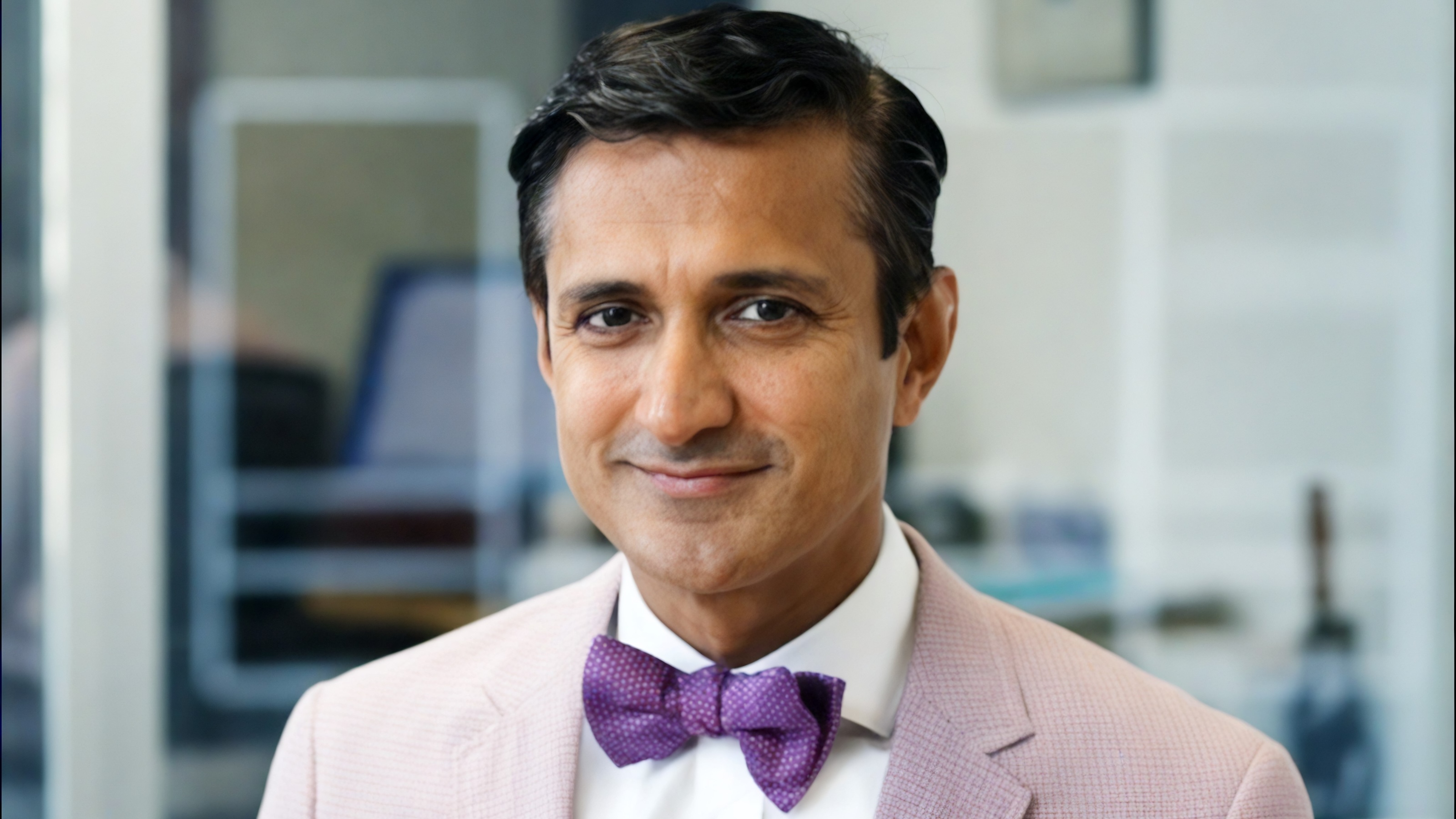Is euthanasia, or physician-assisted suicide, ever justified? And when do vegetative states become inseparable from death?
Question: Is euthanasia for human patients ever morally justified?
Jacob Appel: Well, I think we need to distinguish both physician-assisted suicide, or assisted suicide in which the individual actively makes this choice. The patient says, "I have capacity, I want this done," and euthanasia, where the individual no longer has capacity and the state or doctors make this decision for them. I always favor the right to physician assisted suicide. Under limited circumstances I favor euthanasia. I think that we've accepted patient autonomy in virtually every other area of decision-making, but for some reason probably because of the change and somewhat irrational change of Judeo-Christian, we're afraid to let patients end their lives. There are people who are legitimately concerned that the system will be abused, but when we've actually implemented the system in Holland, in Oregon, now in Washington, we don't have a long track record of people abusing the system. Few people use it. The few people who used it we've seen from reports from their families, use it wisely, do use it at the last moment when they want to, they are not coerced into doing it.
Equally importantly, I think on the one hand, we want to guarantee that the system is used reasonably, but we also want to reduce suffering. For many people, the worst enemy is not death. The worst enemy is suffering. And opponents of the position of assisted suicide don't take that into account. Also, there is a vast number of people out there who are interested in physician assisted suicide as an option who will never use it. For these individuals, knowing they have an out somewhere, even though it’s not an out they're going to buy into, gives them an enormous amount of relief. I imagine some day, I will be one of those people who may not choose to end my life, but will know that if I ever have a terminal illness that the option exists and will take comfort in that.
In contrast, I think euthanasia should be used very sparingly. And I can think of two particular cases. One are infants who don't have the capacity to make their own decisions, but who have horrific terminal illnesses that cause them to suffer, who are unlikely to live to adulthood, or even into childhood. So, a child, for example, who is born with disease like Kasac’s where the children go blind and are paralyzed by the age of three or four, never develop full cognition. It seems to be reasonable for parents or doctors to say, we know this child is not going to live and is going to suffer, we're going to end their life earlier.
And similarly, people who are trapped in states of permanent paralysis without communication. The Ron Halben case in Belgium comes to mind, where a man who has been trapped for 30 years in a body may or may not have consciousness. Now it seems he does not have consciousness. He can't communicate his wishes as to whether he’d want to be in this state or not. I think the vast majority of people, given the choice between living their lives permanently trapped in a body in a hospital back room somewhere without an ability to communicate, or being euthanized, would choose euthanasia. And in those circumstances I would also favor it, even though we don't know for sure what the patient's wishes were.
That being said, if for some reason we did know this patient didn't want to be euthanized, we would honor their request and not force this upon them.
Question: Can we distinguish between death and death-like states, and should we?
Jacob Appel: Well I think, unlike the beginning of life, which is highly politicized, in which there are in some sense two camps; those who think that for all practical purposes life begins at birth, or sometime in the third trimester. And those people who think that life begin at conception. And really not that many people in between. In relation to the end of life, there are a lot of people who stand at different places on this continuum and different states in fact stand at different places on this continuum. The old test of holding a mirror up to someone's face to see whether they've breathed on it, no longer works for us.
In Japan, they have a much more constricted, or much stricter rule for when life ends and therefore organ donation is far more limited as a result. For me, when talking to a patient, or talking to a patient's family, I think there are two very important questions to ask when making end of life decisions. In addition obviously to how this person would have felt in this situation. One is, will this patient ever leave the hospital again? A patient who has no prognosis of ever leaving the hospital again should be treated differently, I think, than a patient who might leave the hospital again.
And the second question is, will this patient ever regain consciousness? And if the patient is never going to regain consciousness, one probably wants to impose a much more conservative form of management. Wants to restrict care as much as possible in the context of reducing suffering, unless one has a compelling reason not to. If, for example, the patient has left a long written record that says, even if I'm never going to regain consciousness, I still want care; we might still provide full care. But in the absence of that, I personally, and most bioethicists I know would encourage families, and in some sense permit families because families, even though they make the decision are often looking for the blessing of the bioethicist to give them license to say, "We know that our grandfather, our mother, our father is never going to recover and we can step back and just do the minimum necessary.
Recorded on March 1, 2010
Interviewed by Austin rnAllen






